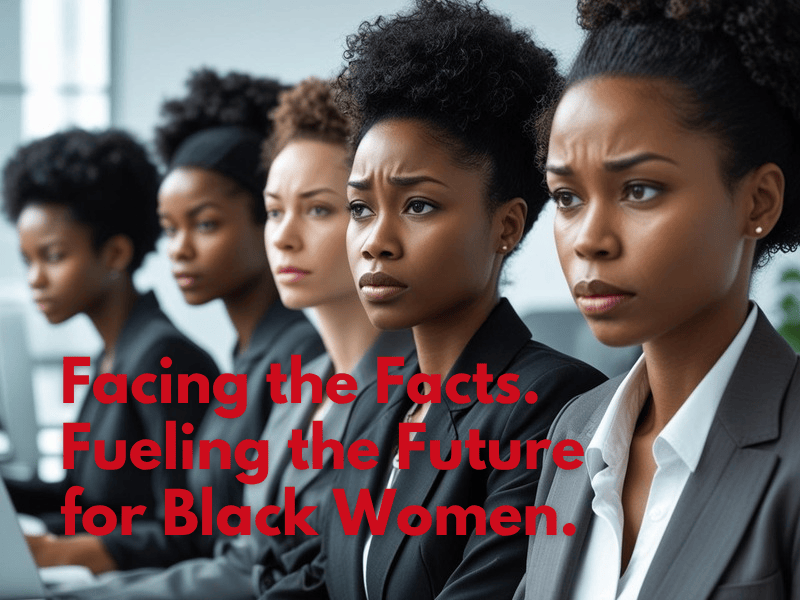Black women suffer steepest job losses even as U.S. labor market remains stable
In April 2025, Black women in the U.S. experienced by far the most acute decline in employment among any demographic group. According to data from the Bureau of Labor Statistics (BLS), employment among Black women dropped by 106,000, from 10.325 million in March to 10.219 million in April (thebaconmagazine.com). During the same period, the national economy added approximately 175,000 jobs overall (thebaconmagazine.com).
Their unemployment rate surged from 5.1% to 6.1%, representing the sharpest month-over-month increase among all gender and racial categories (thebaconmagazine.com). By contrast, the national unemployment rate held steady at 4.2% (hellobeautiful.com).
What's driving the disproportionate impact?
-
Federal workforce downsizing
-
BLS data highlights a steep reduction in federal employment for Black women—down nearly 33% year-over-year (axios.com).
-
April alone saw 9,000 federal positions lost—a critical setback given that federal roles have long served as stable, well-paying jobs for Black women (hellobeautiful.com).
-
-
Rollback of DEI initiatives
-
The White House’s scaling back of diversity, equity, and inclusion (DEI) programs in both government and private sectors has disproportionately harmed Black women, eliminating pipeline roles and supports (afrotech.com, bet.com).
-
-
Historical structural factors
-
Black women remain overrepresented in lower-wage sectors like education, care work, and public health—industries still rebounding from COVID-19 and vulnerable to spending cuts (thebaconmagazine.com).
-
Recent trend snapshot
-
Since February 2025, Black women have lost a combined 304,000 jobs (thegrio.com).
-
In May 2025, the unemployment rate for Black women edged upward further to 6.3%, even as employment among Black men saw improvement (jointcenter.org).
-
Overall, the Black unemployment rate in May stood at 6.0%, marginally down from 6.3% in April .
Why this matters for NBCC stakeholders
-
Economic equity is eroding: The job loss and elevated unemployment among Black women threaten long-term wealth-building, homeownership, and intergenerational security.
-
Signal of wider economic friction: Because Black unemployment often leads during downturns—it could be an early sign of softening in the broader job market .
-
Strategic leverage point: NBCC can advocate for targeted public policies, funding mechanisms, and private sector programs aimed at upskilling, reskilling, and supporting Black women professionals.
Policy and action recommendations
-
Federal employment stabilization
Push for congressional oversight and public pressure campaigns to reverse targeted cuts and protect Black women in federal roles. -
Reinstate DEI investment
Partner with corporations to reinvigorate DEI budgets and leverage progress metrics—especially in leadership pipelines for Black women. -
Workforce development & reskilling
Expand NBCC-sponsored grants and training for Black women in high-growth sectors such as technology, healthcare, and clean energy. -
Data monitoring & transparency
Provide monthly dashboards to track employment trends for Black women, informing advocacy agendas and accountability.
Final outlook
Despite national job gains, Black women carried the deepest weight of economic headwinds in spring 2025. The data underscores that stability in headline national statistics masks critical disparities. NBCC has a pivotal role to play in shedding light on these inequities, crafting targeted solutions, and holding sectors accountable. Advances in policy, corporate practice, and economic opportunity for Black women are essential to propelling the broader Black community’s prosperity—and the resilience of the U.S. workforce.








Comments